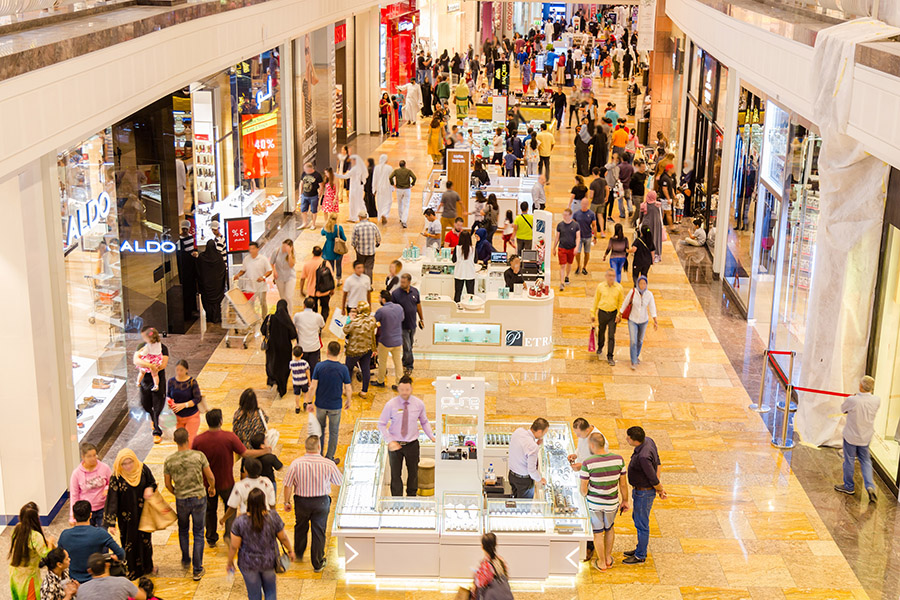
“It’s only a matter of time before you find shopping malls running entirely on a Saudi workforce,” said Mohammad Iqbal Alawi, Managing Partner, and CEO at Real Estate Development Solutions.
As retailers are mandated to implement 100% Saudization in malls, the government has announced that it will incentivise those who hire Saudi nationals that are new to the sector by offering financial aid and subsidies.
“There are a lot of incentives for retailers to hire Saudis. There is the Human Resources Development Fund (HADAF) provided by the Ministry of Labour, which reduces costs for retailers. If retailers hire new (to the retail sector) Saudis, the government will subsidise at least 50% of their salaries for a period of two years,” he said.
It costs less to hire Saudi manpower, according to Alawi. Expatriate workers looking to work in Saudi Arabia are subject to visa costs incurred by the employer, amongst other taxes and fee expenses. Saudi nationals are exempt from these costs, in turn making it cheaper for employers to hire Saudi staff. Unlike expatriate workers, Saudi nationals are also more likely to spend their salaries within the country, which is healthy for the Kingdom’s retail environment.
“Hiring Saudis is not difficult as they are available. I think complete 100% Saudization will take place within one year or 18 months.”
With a multitude of academies available for employees to train staff, employers can ensure that their newer personnel learn essential skills about the retail landscape from government-approved institutes and government-financed training programs.
“We used to have a problem finding the right institutes to train those who wanted to join the sector. Now, there are many private and government academies to prepare those who wish to embark on their retail journey,” he added.
“Retail is one of the biggest sectors in the country, and since 2016, the government has held talks about implementing Saudization on the sector. They placed a quota of 30% that grew to 60% in the years that followed. This year the government decided to increase Saudization to a minimum of 80% in retail within shopping malls and to 100% in shopping mall management,” he said.
Earlier this month, on August 4th, The Ministry of Human Resources and Social Development in the Kingdom issued a decision to implement 100% Saudization in closed commercial spaces and shopping malls. The ministerial resolution aims to create 51,000 jobs for Saudi nationals within the labour market.
“In the past, retailers did not understand the importance of creating jobs. I think over the past six years since the beginning of these regulations, retailers have changed their minds about hiring a Saudi workforce,” he concluded.